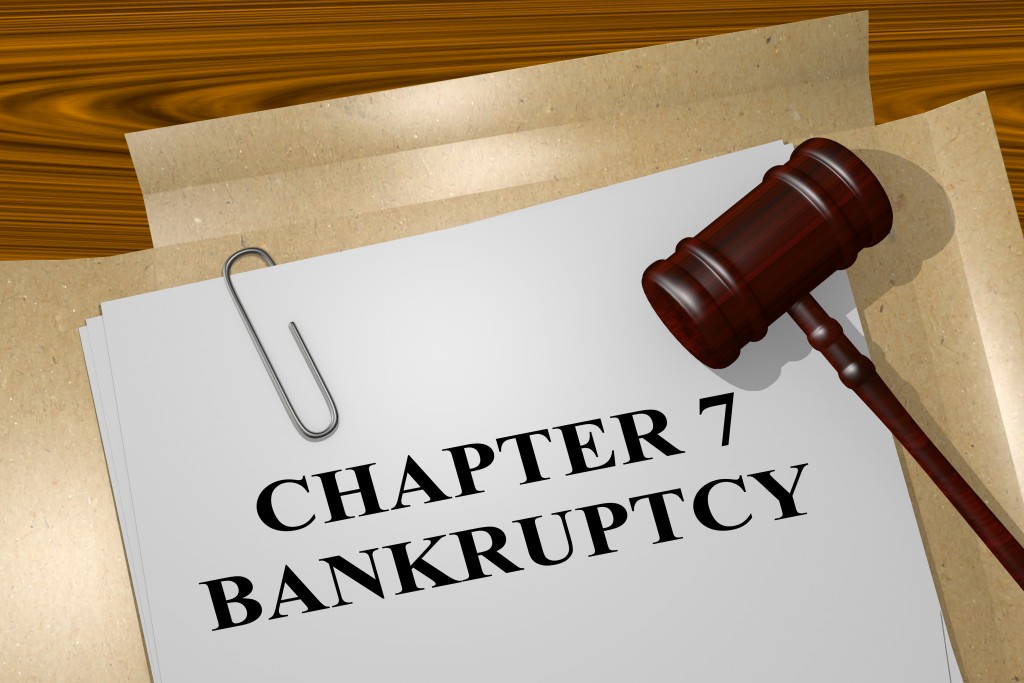Since the pandemic hit us, millions of Americans have already filed for unemployment benefits in the past couple of months. In fact, the U.S. unemployment rate rose three times higher in the past three months compared to the Great Recession from a little over a decade ago.
At this point, a lot of Americans were either delayed with their monthlies or not able to make payment at all. Folks are worried about collection agencies calling on behalf of lenders and companies. Some are even considering declaring bankruptcy just to help relieve them of the pressures of making payment deadlines.
But is it really helpful? What happens to you when you declare bankruptcy?
The Real Deal About Declaring Bankruptcy
If you’re caught in a situation where you think declaring bankruptcy is the only way to stop lenders from collecting, think again. It might do you more harm than good.
Before making any decisions, talk to a qualified professional, such as a financial adviser or a collections attorney, about the pros and cons of declaring bankruptcy.
Yes, doing so will help lenders and collection agencies stop calling you. It can write off your debts which can help with your financial situation especially if you don’t see it improving any time soon. The moment you file for bankruptcy, the following things happen:
- Collections agencies stop hounding you
- Creditors cannot collect a judgment against you
- No garnishment of wages will occur
- House foreclosures are immediately stopped
However, despite these temporary reliefs of finally getting your finances under control (somewhat), filing for bankruptcy can also have adverse effects on your credit.
Your credit score will be gravely affected. It may be temporary but it is still pretty serious. Depending on the type of bankruptcy you file, it will reflect on your credit report anywhere between seven and 10 years.
A Chapter 13 may take three to five years in proceedings, but will only stay on your record for seven years from the date it is filed. This helps a regular-income debtor to gradually repay all or a part of what they owe.
Chapter 7 will require liquidation of assets, such as a second home or a car, which will be directed to pay off some of your debt. While there are certain criteria of eligibility that need to be met when filing a Chapter 7, the main consideration is your income, which in this case, could be little to no disposable income status. This type of bankruptcy will stay on your report for the next 10 years from the date of filing.
Chapter 11, which has to do with reorganizing a debtor’s business affairs and finances, also stays on your credit report for ten years from its filing date.

The point is, filing for bankruptcy will generally hurt your credit score which will make getting credit more difficult. You will have a hard time applying for a credit card or a mortgage within the next five to seven years. Even if you do get credit eventually, it will be more expensive. For instance, when the time comes that you’re already qualified to apply for a mortgage, the fees and the interest rates will be significantly higher. =
But as you make your payments and meet deadlines, your credit score will go up. With consistency and discipline, you may even turn things around and end up getting a good credit rating at the end of the term. The important thing is you rebuild your credit right.
Filing for bankruptcy is usually done out of desperation because of a major financial blowout. You should never take it lightly and must always consider the costs. Seek counsel and don’t rush into it. Make sure you consider all your options first before deciding to go down this route.











